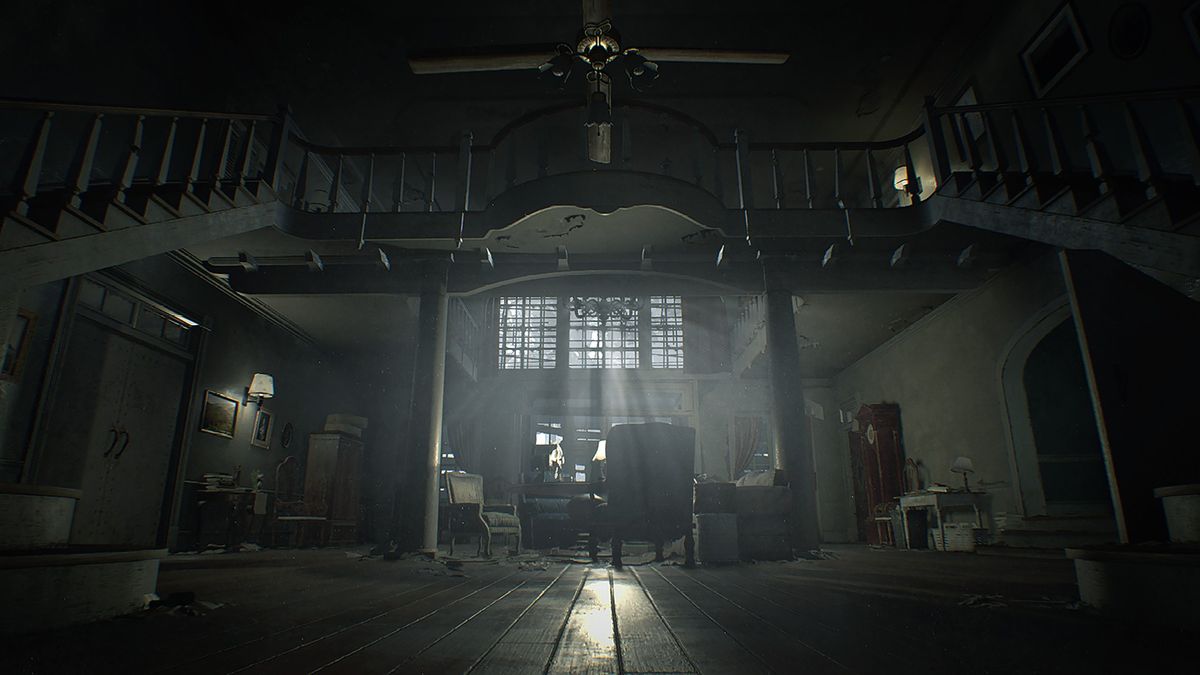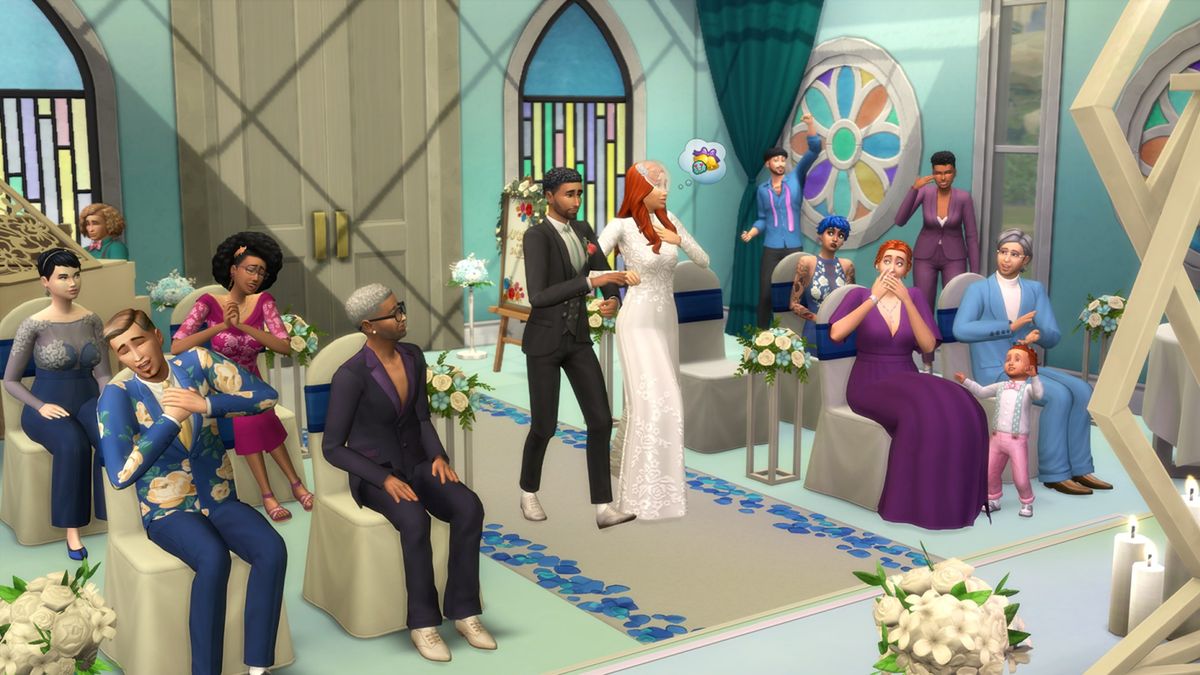Minor spoilers for Uncharted 4 follow.
As a series, Uncharted isn’t really known for having overly developed characters. Incredible action, yes, stunning set pieces, definitely, and a grasp of scale that borders on genius, but deep interpersonal storytelling? Less so. Nate gets written off as a sociopath a lot, given his predilection for killing loads of bad guys, cracking wise all the while.
That Elena falls for Nate is inevitable, not only because that’s what’s the Plucky Heroine does, but also because Nate’s charming, exciting, and has a really nice butt. That they get married, however, is rather surprising. Rather than follow the formula of giving the rugged hero a new squeeze in each adventure, Naughty Dog humanized Nate by having him commit to a single, amazing woman. And then humanized him even further by having him screw everything up.
‘Cause here’s the thing – yes, Nate is very sexy and exciting, and the idea of traipsing all over the world courting danger and discovering lost treasure is almost unbearably romantic. But the reality of the situation is that a spouse who’s rarely home, is regularly out of touch, and apparently has a deathwish, given how often he shimmies up ancient ruins without a rope is a lousy partner. Loving Nate is easy, but living with him is next to impossible, and so Elena does something basically unheard of in gaming: she leaves him.

It’s a glimpse at the reality of marriage that games rarely afford. Gaming wives are typically either inspirationally alive (“I must save the world for my family!”) or inspirationally dead (“I will avenge you!”). Elena is that most unusual of fictional wives – an ex who isn’t evil or out for revenge. She’s just a woman who decided she deserved better than a husband who’d rather dodge bullets than order takeout and snuggle on the couch. As Uncharted 4 opens, she and Nate have reconciled, each making sacrifices to try and make their marriage work, with moderate success. When Nate sneaks off to track down pirate gold, Elena doesn’t write Nate off with a dramatic “It’s over!” speech, and when she leaves the hotel room where she’s confronted him over his deception, he doesn’t chase after her with a speech about forgiveness. They don’t resolve their conflict with a hug and a quip, because that’s not how life works.
It takes a certain amount of bravery not only to cast your hero in such an unflattering light but also to inject such authenticity into a treasure-hunting romp. Naughty Dog could’ve just kept Nate as a lovable half-tucked rogue, dropping in to loot various ruins and run from gunfire, and the games still would’ve been great, because who doesn’t want to buy into that fantasy? We don’t need Nate to be a real person in order to enjoy his exploits, which makes Naughty Dog’s decision to make him an addict who’s slowly ruining every relationship he has all the more engaging. There’s no after school special-level talks, no tear-stained pleas to get help… just people trying to get through to someone who loves his fix just a little bit more than he loves anything else.
The conversations Elena and Nate have as they navigate the jungle and evade Shoreline mercs are full of marital truth. Loving someone and being able to live with them are two very different things, as just about every married couple has discovered at some point. A good, functional marriage requires more than just scheduling date nights and remembering anniversaries; it needs honest communication, which often includes facing flaws head-on and saying, ‘Ok, now what?’. When Elena and Nate say they have a lot to talk about, that’s not code for a quick shag and suddenly everything’s fine. They mean there’s a lot to talk about if they really want to deal with the things that are broken in their relationship. The fact that Uncharted 4 manages to balance the reality of marriage with the fantasy of a ruined pirate city is fairly miraculous.
It certainly helps that Uncharted has had four games over which it could develop both Nate and Elena both as individuals and as a couple; forging that kind of depth in a single 15-hour outing is a tall order unless you want to club your players over the head with shortcut tropes or cut scenes. And certainly not all games would benefit from adding ordinary life struggles to their narratives, but as a married person who’s been on both sides of those tough talks with her spouse, I appreciated the pockets of relatability that added so much depth to my explorer escapism. Chucking it all and living out of a backpack as I hunt down antiquities sure sounds like a great way to live life to the fullest, but the real world will always find you. Having a partner to face it with is a pretty great idea.
 Game News Video Games Reviews & News
Game News Video Games Reviews & News



